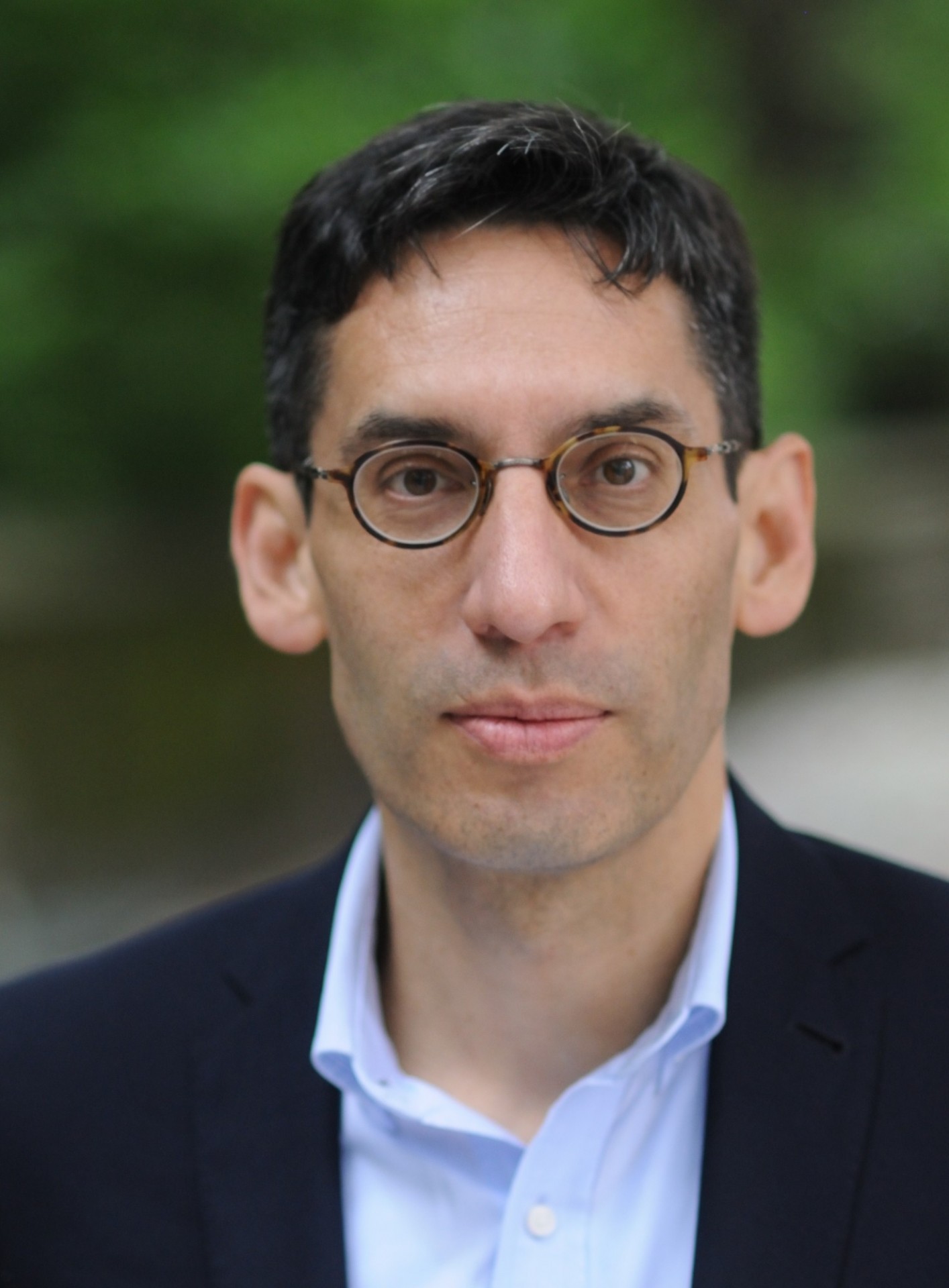The Divisional Deans play a leading role in academic, capital, and campaign planning for the Arts and Sciences divisions. They report directly to the executive vice president, and work with each other and the EVP to ensure the overall coordination of their efforts with the senior staff (especially within academic affairs).
They exercise supervision of academic departments, research centers, institutes and other major units in their division. This includes faculty business that consists of searches, hires, leaves and retentions. They also play a role in budgeting with setting salaries in conjunction with the respective chair, determining research support funding, and monitoring their division’s expenditures. Additionally, they manage renovations and space requests, ARC reviews and oversee research misconduct, conflict of interest, conflict of commitment and equal opportunity.


Acting Dean of Humanities
Bruno Bosteels is professor in the Department of Latin American and Iberian Cultures with a joint appointment in the Institute for Comparative Literature and Society. He returned to Columbia in 2016, after having taught for thirteen years at Cornell University, for three years at Columbia, and for six years at Harvard University. His research covers a wide range of topics in literature, culture, and politics in modern Latin America as well as contemporary philosophy and political theory.
Bosteels is the author of, most recently, La comuna mexicana (Akal-Mexico, 2021; second edition Akal-Spain, 2022). His books have been published in English, French, German, Spanish, Korean, Serbian, and Japanese.
He is currently preparing three new books, the first a sustained polemical engagement with contemporary post-Heideggerian thought, titled Philosophies of Defeat: The Jargon of Finitude (Verso); the second, a collection of essays on the antiphilosophers Nietzsche, Wittgenstein, Lacan, and Žizek in dialogue with Badiou, titled ¿Qué es la antifilosofía? (forthcoming with Prometeo Libros); and the third, a collection of recent and previously unpublished essays forthcoming under the title The State and Insurrection: New Interventions in Latin American Marxist Theory (University of Pittsburgh Press).
With Joshua Clover he co-edits the book series "Studies in Literature and Revolution" for Palgrave Macmillan; and with George Ciccariello-Maher the book series "Radical Américas" for Duke University Press.


Dean of Science
Robert D. Mawhinney is a Professor of Physics at Columbia University and the Dean of Natural Sciences. He received his B.S. in Physics from the University of South Florida in 1980 and his Ph.D. in Physics from Harvard University in 1987. His research is in theoretical particle physics, with a particular focus on the behavior of quarks, which bind together to form protons, neutrons and a host of other "hadrons", and the theory which describes their interactions, Quantum Chromodynamics (QCD).
QCD is a highly non-linear theory, giving a first principles description of the strong interactions between quarks and many of the predictions of this theory can only be made through large scale numerical simulations on the fastest supercomputers available at any time. QCD is also an ideal numerical problem, with only a handful of input parameters and a very large number of output predictions, which are vital to interpreting and assimilating the results of many particle physics experiments.
To satisfy the large computational demands of QCD, Dr. Mawhinney and his colleagues at Columbia and other institutions designed and built a number of massively parallel computers for their QCD simulations. Through numerical work on these supercomputers, Dr. Mawhinney has studied the changes in QCD at high temperatures, precision properties of QCD hadrons and the fundamental predictions of the asymmetry between the matter and anti-matter content of the universe.


Dean of Social Science
Miguel Urquiola is Dean of Social Science and Professor of Economics at Columbia University. He has chaired Columbia’s Department of Economics and its Committee on the Economics of Education. He is also a member of the School of International and Public Affairs (SIPA).
Outside Columbia, Urquiola is a Research Associate at the National Bureau of Economic Research (NBER) and has held appointments at Cornell University, the World Bank, the Bolivian Catholic University, and the Bolivian government.
Urquiola’s research is on the Economics of Education. Its focus is on understanding how schools and universities compete, and how educational markets differ from other markets economists study. He has written numerous journal articles on these issues, and a book on why American universities excel at research: Markets, Minds, and Money.